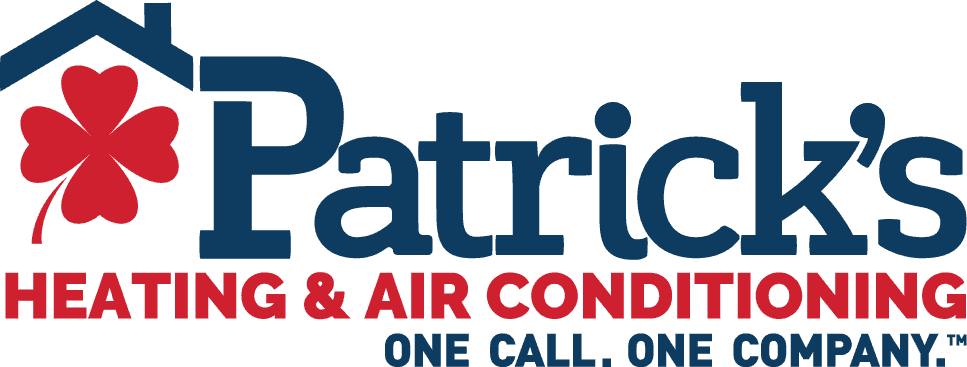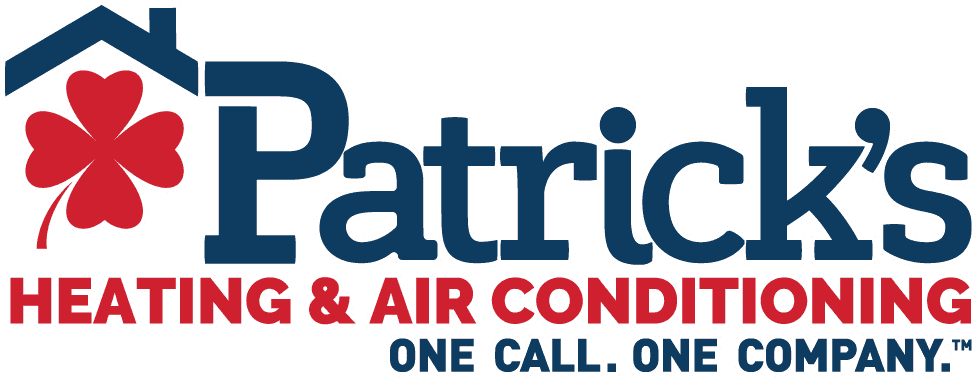For all kinds of home and business owners, picking out the ideal AC repair company isn’t a luxury, but a necessity. When an air conditioning system starts to fail it drives up energy bills. When a unit shuts down permanently, it can produce terrible living conditions. However, something that might be easily as miserable as a broken AC unit is a repair company that is untrustworthy, expensive or just terrible at repairs.
Here are a number of useful tips to prevent the headache of not only a damaged AC but also of struggling with a poor air-conditioner repair company.
WHERE TO LOOK FOR QUALITY AC REPAIR
Although the best practice for finding quality residential or commercial services is generally to broaden your search. In some cases it’s best to stay close to home with air conditioner repair. Speak with your friends, neighbors and compare reviews. It’s not uncommon for someone you know or who lives nearby to have called an air conditioning repair company at some point. While 24/7 repair services aren’t as crucial for an air conditioner as they are with a furnace that fails in the middle of winter. Choosing local technicians usually gives a better chance for swift and professional service.
Choosing a Knowledgeable/Respectable Company
Try to find the awards and certifications an AC repair company has earned, such as:
- Are they NATE Certified?
- Are they an award-winning, Factory Authorized Dealer?
- Are they a BBB Accredited Business? And if so, what's their rating?
- Are they a registered contractor with Austin Energy?
- Are they AHRI Certified?
- Are they an ENERGY STAR®Partner?
- Are they a member of ACCA?
In addition to awards and certifications, ask around. Many fellow home and business owners have experienced trial and error in identifying a qualified AC repair company they can rely on. Some never arrive to do the work; others arrived at the jobsite but failed to adequately fix the problem, while a few particularly bold companies have charged 3-4x the industry median for quick repairs.
Fortunately, their unpleasant experiences are to your benefit because people typically aren’t silent about these situations. Spend some time on online review sites including Yelp or Angie’s List and look for word of mouth within your community about who you should hire and who you shouldn’t.
Make Sure the Company Is Licensed/Bonded/Insured
Even the top AC repair contractors will experience an occasional accident or mishap so it’s vital to make sure they’re protected “just in case.” Depending on state ordinances, an AC repair company may need to have some type of license and/or permits (apprentice, journeyman, master HVAC contractor) just to be permitted to work on your home or business.
Having the necessary licenses and permits will help you find out if the contractors are educated, tested and caught up on HVAC codes. You are protected as long as the contractor is bonded, which essentially states there’s recourse if the company fails to show up to complete the work or does work sloppily. Insurance also covers the home or business owner if the contractor’s work leads to property damages. So making sure the company is licensed, bonded,and insured is critical.
AC Repair Company Intangibles
So what do you do if all local companies are fully licensed and all have mostly positive reviews? There are several intangibles that might help make the decision simpler. Some things to consider include:
- Customer Service—Does the business answer service calls promptly and do they have a positive demeanor? Since these people will be in your home or business it won’t hurt having a contractor who knows the significance of customer service.
- Free Estimates—Quality companies will generally always arrive at your home and offer a free quote on what repairs are necessary and estimated costs.
- Options—With HVAC units there’s usually an A, B and at times C route to take in getting your system back to normal. Watch out for the company who only tries to push new equipment (although sometimes it may be the only remedy).
- Timeline—The sooner the company can arrive to fix your AC the better, but unfortunately a quality company might simply be too busy. In some cases “first come first serve” will have to be the approach to take for the hire.
Common Air Conditioner Repair Costs
In reality, there isn’t often “typical” AC repair costs. Repair costs will vary based on the particular needs/fixes for every HVAC System. This is a hard thing to consider when hiring an AC repair company. Pinpointing the specific problem your HVAC System is struggling with can be a wide range of things, from something as simple as a clogged filter to severe problems such as a defunct condensing unit coil. That’s why we encourage you get at least two to three AC Repair companies to give you an estimate.
Being Sure You’re Not Overcharged
Since repair costs can fluctuate so greatly the best way to ensure you’re not being ripped off is by finding several quotes on a job. It’s best to work with at least three contractors for an estimate just to
- clarify which repairs are necessary and
- recall an average price tag for the fix. It’s important to not only avoid a price that is just too high, but one surprisingly low could cause a red flag that the company may be a fly-by-night, “salesy” operation.
Of course, early preparation is the key for finding a quality AC repair company you can trust job after job. Waiting until a system goes down may leave you scrambling, which will result in higher costs and poorer service. Additionally, an air conditioner should have maintenance service completed at least once a year to make sure it’s running up to par and to catch problems early. Once you find a company that excels at the standard stuff, they’ll likely be reliable for the emergency fixes as well.



